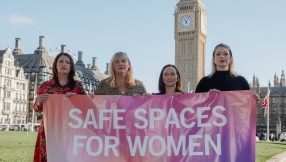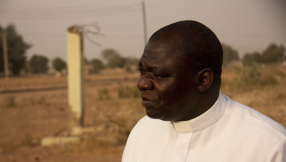
In a move that Christian groups are warning will put the lives of some of Australia's most vulnerable at risk, State and Federal Attorneys-General are set to discuss changes to the law that would pave the way to allowing the government's Telehealth service, which provides phone and online medical consultations remotely to patients, to offer advice on euthanasia.
Currently, the Criminal Code Act 1995 (Cth) prohibits the transmission of 'suicide-related material' over carriage services, a term which encompasses the phone or internet, at the risk of severe penalties for anyone, including doctors, who violate the law. However, at a meeting to be held on 23 September, proposed changes will be on the agenda.
Euthanasia has become increasingly available in Australia, being currently legal and accessible in Queensland, South Australia, Victoria, Western Australia, and Tasmania, and set to become legal in New South Wales later this year.
Despite this, it remains against the law to offer advice or assistance to those seeking to access euthanasia unless it is through in-person services.
Advocates for euthanasia have called for changes to the Act that would allow doctors to offer patients remote access to advice or counselling about ending their life, but religious and other advocacy groups have expressed concerns that this would water down protections designed to guard against potential abuse.
The Australian Christian Lobby (ACL) warned that using Telehealth to provide euthanasia consultations would expose vulnerable patients to outside influence or coercion, and make it impossible for healthcare professionals to ensure that patients were in a position to fully understand the decisions they were making—and were doing so of their own free will.
"Let's be clear: this is a move to increase access to euthanasia, which opens a dangerous door for suicidal ideation to be promoted online," the ACL said. "We urge you to consider the consequences of amending the Criminal Code Act 1995 (Cth)."
The group is calling on concerned members of the public to contact Commonwealth Attorney-General, Mark Dreyfus, in order to express their opposition to the amendment, offering a tool on their website to send a short, pre-prepared message.













